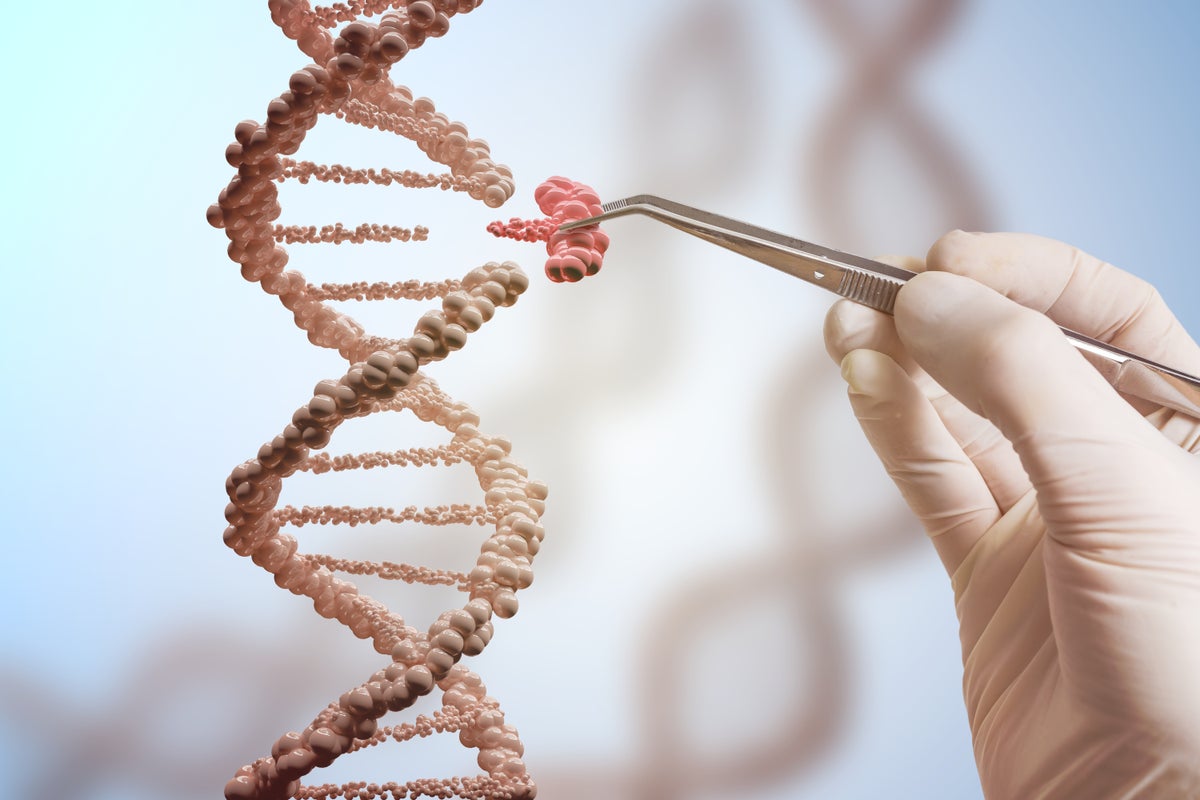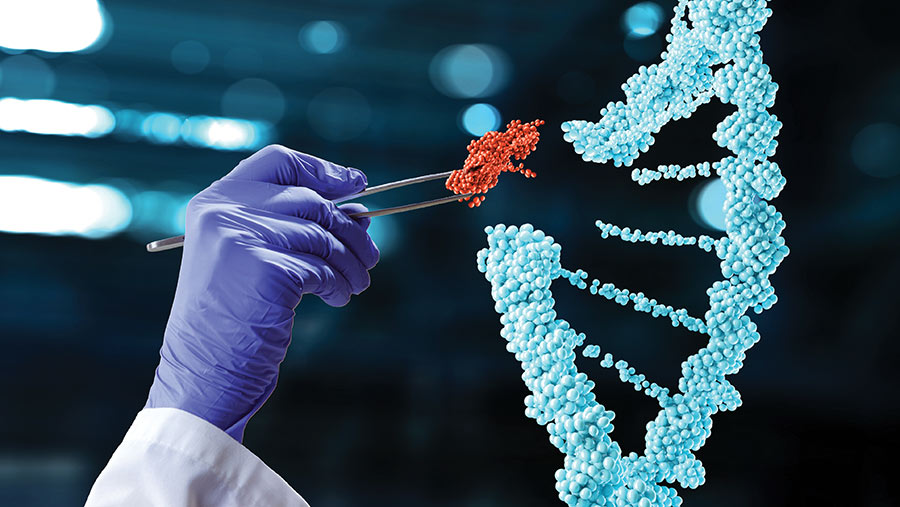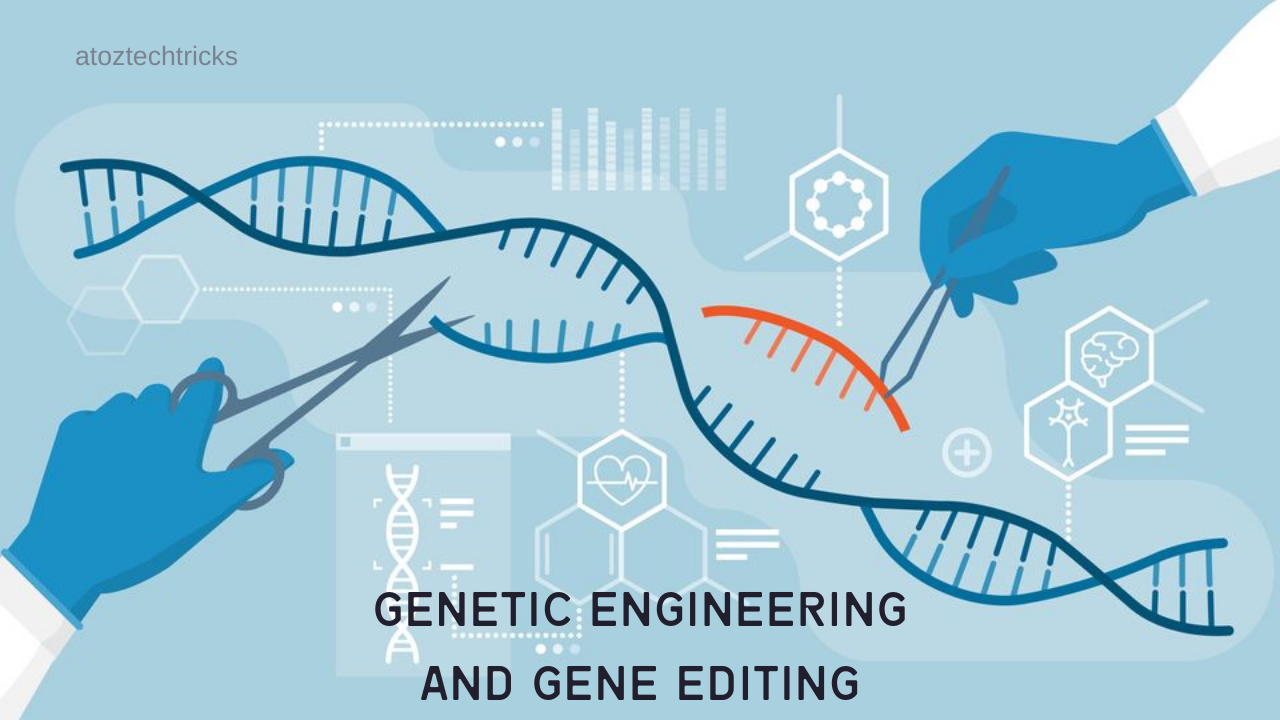The Ethics of Genetic Engineering and Gene Editing: Navigating the Moral Frontier
Genetic engineering and gene editing have emerged as transformative technologies with the potential to revolutionize medicine, agriculture, and various other fields. Techniques such as CRISPR-Cas9 have made it possible to make precise changes to the DNA of living organisms, leading to significant advancements in our understanding and treatment of genetic diseases. However, these powerful tools also raise profound ethical questions and concerns. This article explores the ethical implications of genetic engineering and gene editing, examining their potential benefits, risks, and the moral considerations they entail.
Understanding Genetic Engineering and Gene Editing
Genetic engineering involves manipulating an organism’s genome using biotechnology to alter its genetic material. Gene editing, a subset of genetic engineering, involves making specific changes to the DNA sequence at particular locations in the genome. Techniques like CRISPR-Cas9 have made gene editing more accessible and precise, allowing scientists to add, delete, or modify genes with unprecedented accuracy.
These technologies have potential applications in various fields:
Medicine:
- Gene editing holds promise for treating genetic disorders such as cystic fibrosis, muscular dystrophy, and sickle cell anaemia. By correcting or replacing defective genes, researchers hope to provide long-term cures for these conditions.
Agriculture:
- Genetic engineering can enhance crop resilience, yield, and nutritional content. Genetically modified crops (GMOs) can be engineered to resist pests, tolerate environmental stress, and improve nutritional value.
Environmental Protection:
- Gene editing has potential applications in environmental conservation, such as creating genetically modified organisms that can help combat invasive species or address ecological imbalances.
Ethical Considerations in Genetic Engineering and Gene Editing
While the potential benefits of genetic engineering and gene editing are substantial, these technologies also raise several ethical concerns:

Safety and Unintended Consequences
The safety of genetic modifications is a primary concern. Unintended genetic changes or off-target effects could have unforeseen consequences for individuals and future generations. In medicine, a gene-editing procedure might not only fail to correct the intended genetic defect but could also introduce new problems or exacerbate existing ones. Long-term studies are needed to assess the safety of these interventions fully.
Germline Editing
One of the most contentious ethical issues is germline editing, which involves making changes to the DNA of embryos or reproductive cells. These changes are heritable and will be passed on to future generations. While this could potentially eliminate certain genetic disorders, it also raises concerns about the long-term impact on the human gene pool and the potential for unintended consequences.
Additionally, germline editing could lead to the creation of “designer babies,” where genetic modifications are made for non-medical reasons, such as enhancing intelligence or physical appearance. This prospect raises concerns about social inequality, the potential commodification of human life, and the ethical implications of altering human traits based on subjective preferences.
Equity and Access
The benefits of genetic engineering and gene editing may not be equally distributed. Access to these technologies could be limited by socioeconomic factors, creating a divide between those who can afford advanced treatments and those who cannot. This disparity could exacerbate existing inequalities in healthcare and access to cutting-edge technologies.
Moreover, if genetic modifications become available only to certain populations, there could be ethical concerns about creating genetic “haves” and “have-nots,” further entrenching social divisions and potentially leading to new forms of discrimination.
Environmental Impact
In agriculture, genetically modified organisms (GMOs) can have unintended ecological consequences. For example, genetically engineered crops that are resistant to pests may inadvertently harm non-target species or disrupt local ecosystems. Additionally, the widespread use of GMOs could lead to a reduction in genetic diversity, making crops more susceptible to new diseases or environmental changes.
The release of genetically modified organisms into the environment must be carefully regulated to avoid potential ecological risks. Ensuring that these technologies do not cause harm to natural ecosystems or biodiversity is a crucial ethical consideration.
Informed Consent and Autonomy
In medical applications, obtaining informed consent from patients undergoing gene editing procedures is essential. Patients must be fully aware of the potential risks, benefits, and uncertainties associated with these interventions. For germline editing, obtaining consent is more complex, as it involves future generations who cannot provide their consent.
Ethical considerations also extend to the autonomy of individuals making decisions about genetic modifications. Respecting individual choices while ensuring that those decisions do not negatively impact others or society as a whole is a delicate balance.
Cultural and Religious Perspectives
Different cultures and religions have varying perspectives on genetic engineering and gene editing. Some may view these technologies as interfering with natural or divine processes, while others may embrace them as advancements in human capability. Understanding and respecting these diverse viewpoints is important when developing ethical guidelines and policies for genetic engineering.

Regulation and Governance
The ethical challenges posed by genetic engineering and gene editing necessitate robust regulatory frameworks and governance structures. Effective regulation should address the following aspects:
Safety and Efficacy Testing
Rigorous testing is essential to ensure the safety and efficacy of genetic modifications. This includes preclinical and clinical trials to assess potential risks and benefits. Long-term studies are also necessary to monitor the effects of genetic modifications over time.
Ethical Review and Oversight
Ethical review boards and oversight committees play a crucial role in evaluating the ethical implications of genetic engineering projects. These bodies should include diverse perspectives to ensure that ethical considerations are comprehensively addressed.
Public Engagement and Transparency
Engaging the public in discussions about genetic engineering and gene editing is essential for informed decision-making and building trust. Transparency in research and regulatory processes helps ensure that ethical concerns are openly addressed and that public concerns are taken into account.
Driving into the Future: How 5G is Revolutionizing Autonomous Vehicles
International Collaboration
Given the global implications of genetic engineering and gene editing, international collaboration is necessary to develop and harmonize ethical standards and regulations. Cross-border cooperation can help address ethical dilemmas and ensure that technologies are used responsibly and equitably.
Genetic engineering and gene editing represent groundbreaking advancements with the potential to transform various aspects of human life. However, the ethical considerations surrounding these technologies are complex and multifaceted. Balancing the potential benefits with the risks and moral implications is crucial for ensuring that genetic engineering is used responsibly and ethically.
As we continue to explore the possibilities of genetic engineering and gene editing, it is essential to foster ongoing dialogue among scientists, ethicists, policymakers, and the public. By addressing ethical concerns proactively and developing robust regulatory frameworks, we can navigate the moral frontier of genetic technology and work towards a future where these innovations contribute positively to society while respecting fundamental ethical principles.




Post Comment